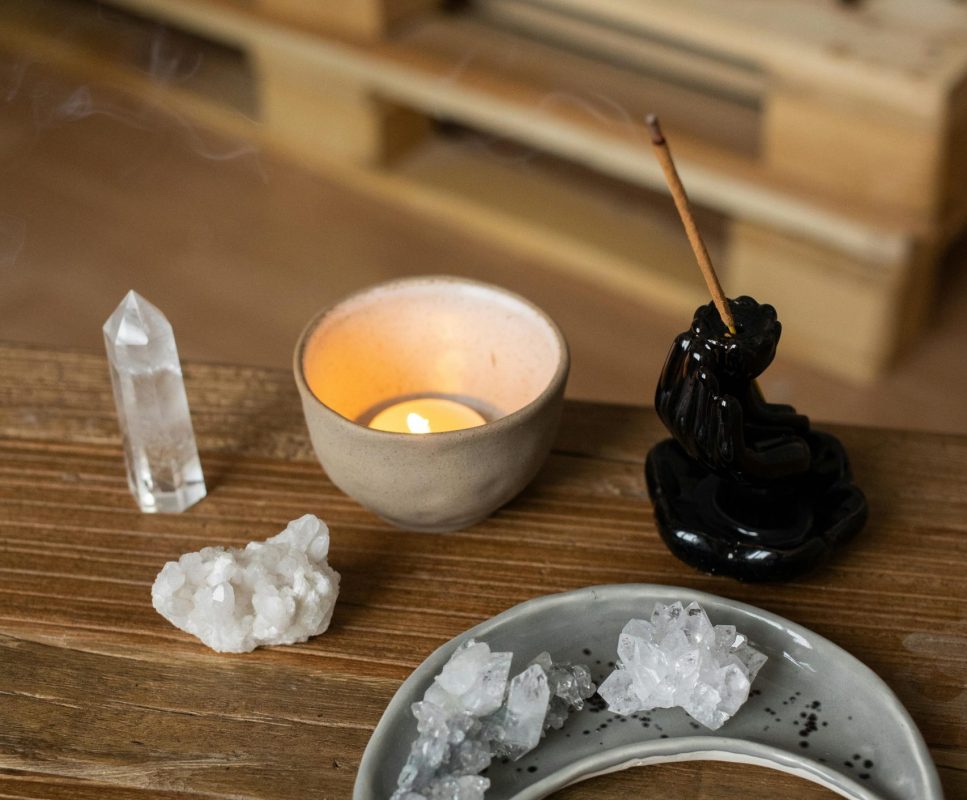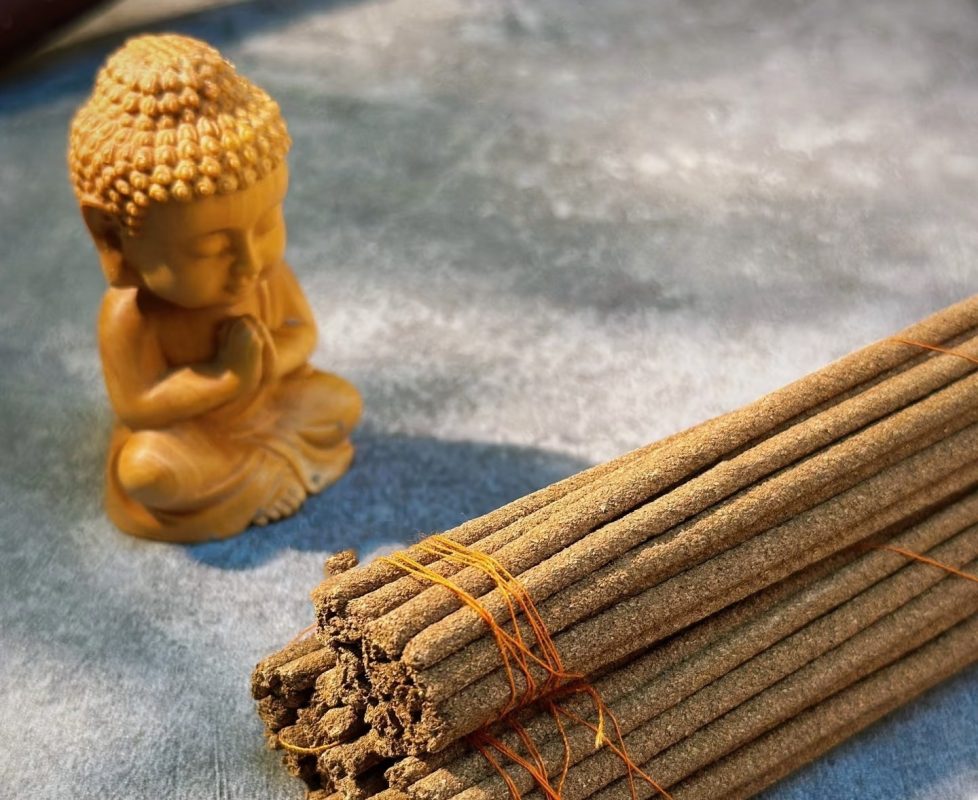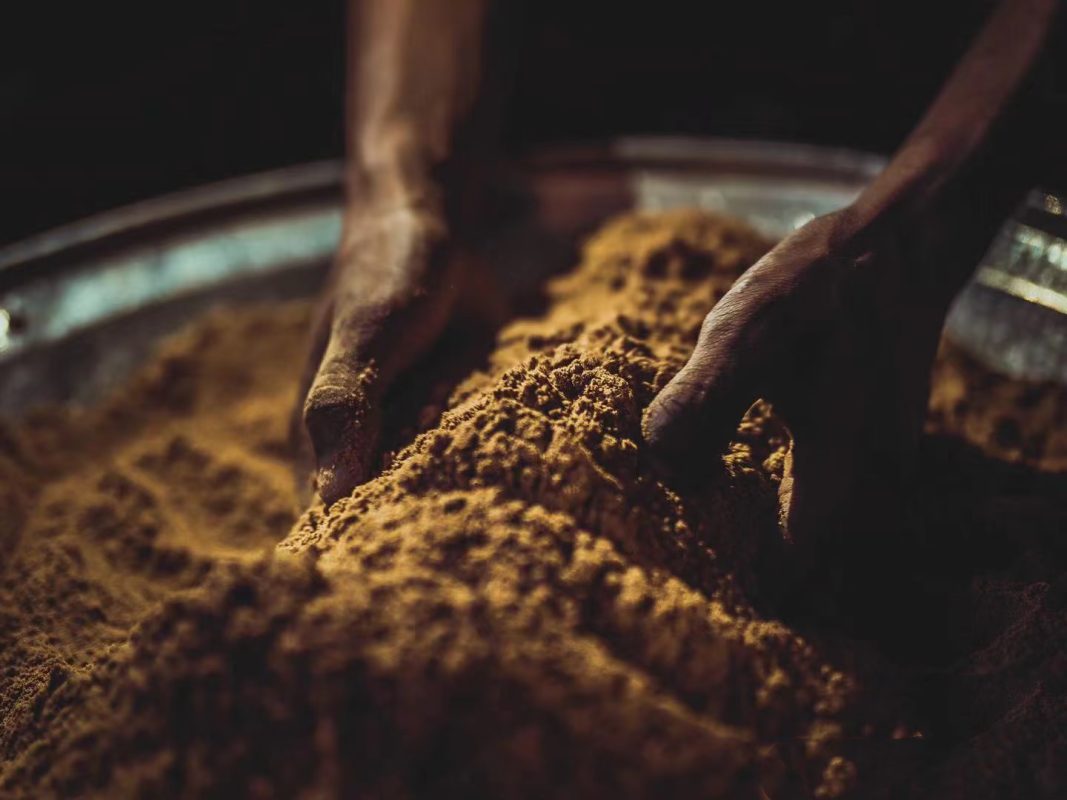Blog
The Healing Power of Tibetan Incense: How it Helps with Mental Health

Depression rates worldwide have been steadily increasing, according to data from the World Health Organization (WHO) and Chinese health authorities. However, in a striking contrast, Tibet has consistently reported lower rates of depression over the years. This anomaly sparked the curiosity of researchers, leading to an expedition by expert teams from the Mental Health Institute at Central South University and the National Clinical Research Center for Mental Disorders. Their goal was to understand why the mental health landscape in Tibet was so different from the global trend, particularly when it came to conditions like depression, mania, and bipolar disorder.
The Connection Between Tibetan Medicine and Mental Health
What the research teams discovered was fascinating. Tibetan medicine, which has long been rooted in the region’s unique cultural and spiritual practices, includes methods specifically designed to address emotional and psychological issues. These practices integrate Tibetan Buddhism, traditional Tibetan medicine, and Tibetan incense—an essential component in healing rituals and mental wellness.
The researchers set out to study the impact of Tibetan medicine on mental health by conducting a three-month treatment program in Tibet. The study involved nearly 100 volunteers, most of whom had been clinically diagnosed with depression, mania, or bipolar disorder. The treatment included a combination of traditional Tibetan remedies, Buddhist meditation, and the use of Tibetan incense in daily rituals.
The Impact of Tibetan Incense on Mental Health
The results of the study were impressive. Those who incorporated Tibetan incense into their treatment showed a 13% higher recovery rate than those who did not. The use of incense, particularly in the context of Tibetan spiritual and healing practices, seemed to offer a profound mental and emotional benefit. The participants who used incense reported feeling more relaxed, centered, and emotionally grounded, which are all key aspects of managing depression and anxiety.
Tibetan incense is made from a blend of natural herbs and resins, including ingredients like sandalwood, juniper, and myrrh, all of which are believed to have healing properties. When burned, Tibetan incense is thought to release healing energy that calms the mind, reduces stress, and supports emotional balance. Its scent is deeply associated with spiritual grounding, creating an atmosphere that encourages mindfulness, meditation, and emotional release.
A Sense of Belonging and Healing
What’s particularly striking about the study is the way it affected the participants’ emotional and psychological states. Nearly 25% of the volunteers expressed a desire to stay in Tibet after the trial to continue their treatment and lifestyle. Many reported experiencing a profound sense of belonging and safety in Tibet, despite the relatively short period of time they spent there. The tranquil environment, along with the integration of Tibetan medicine and incense into their lives, made them feel a sense of inner peace they had never experienced before.
This reflects how Tibet’s unique cultural and spiritual environment may contribute to healing—offering not just a physical cure, but also a psychological and emotional restoration. Tibetan incense, as a key part of this healing environment, plays an essential role in bringing about this sense of peace and balance.

The Science Behind the Practice
The positive effects of Tibetan incense on mental health can be understood through the principles of aromatherapy. Many of the herbs used in Tibetan incense, such as sandalwood and juniper, have been scientifically shown to help reduce anxiety and improve mood. Sandalwood, for example, is known for its ability to induce calmness and relaxation, while juniper is often used for its purifying effects, helping to clear negative energy and create a space for emotional healing.
Additionally, the ritualistic aspect of using incense in daily practice is known to activate the body’s parasympathetic nervous system, promoting rest and digestive health—key factors in emotional regulation. In Tibetan culture, these rituals are also linked to meditative practices that promote mindfulness, an approach that has been scientifically proven to improve symptoms of depression and anxiety.
Conclusion: A Holistic Approach to Mental Health
Tibetan incense plays a significant role in fostering mental and emotional well-being. When used as part of a holistic treatment approach that includes Tibetan medicine and Buddhist practices, it can provide substantial benefits for mental health, particularly in alleviating symptoms of depression, anxiety, and emotional imbalance. The study’s results demonstrate how Tibetan incense, with its grounding and calming effects, contributes to the overall healing process, offering a path to greater inner peace and emotional resilience.
For those seeking natural and spiritual methods to support their mental health, Tibetan incense offers a powerful, holistic practice. By encouraging mindfulness, reducing stress, and creating a healing environment, Tibetan incense helps promote a balanced and peaceful state of mind. This approach, deeply rooted in Tibetan tradition, provides a meaningful way to manage emotional health and connect with a sense of inner calm and well-being.












